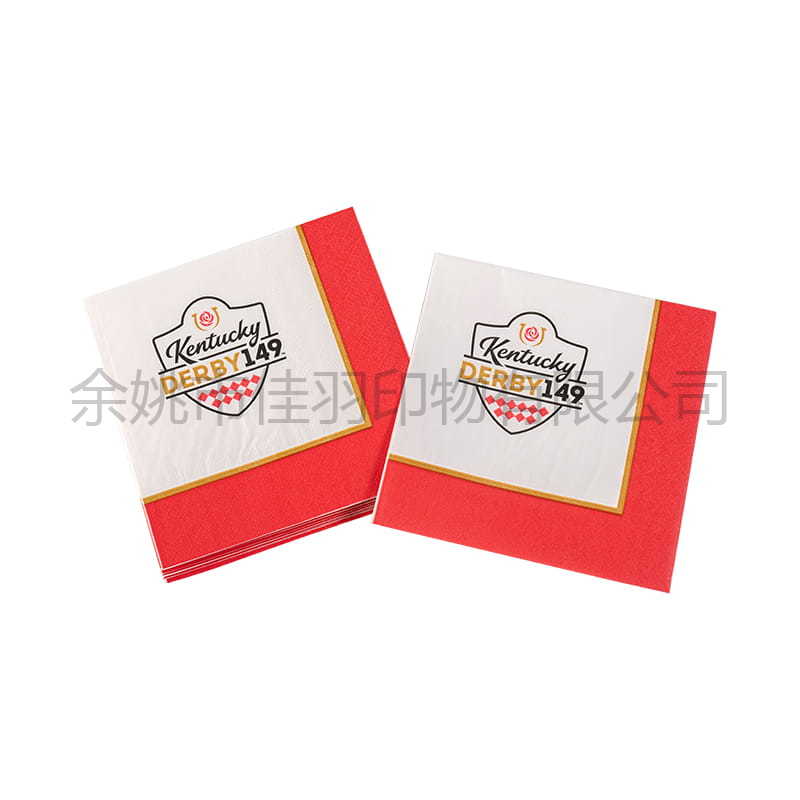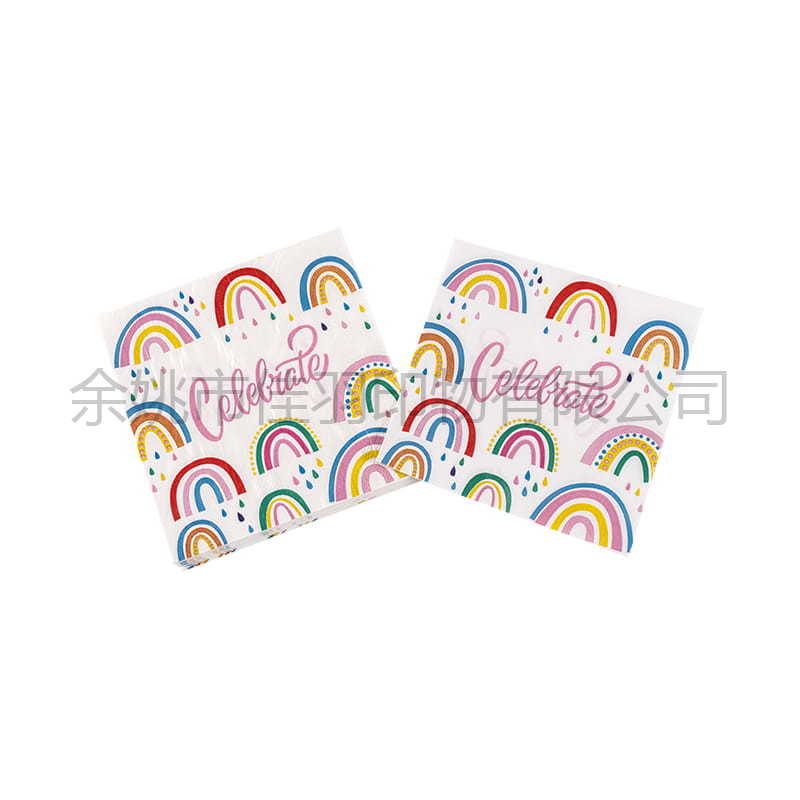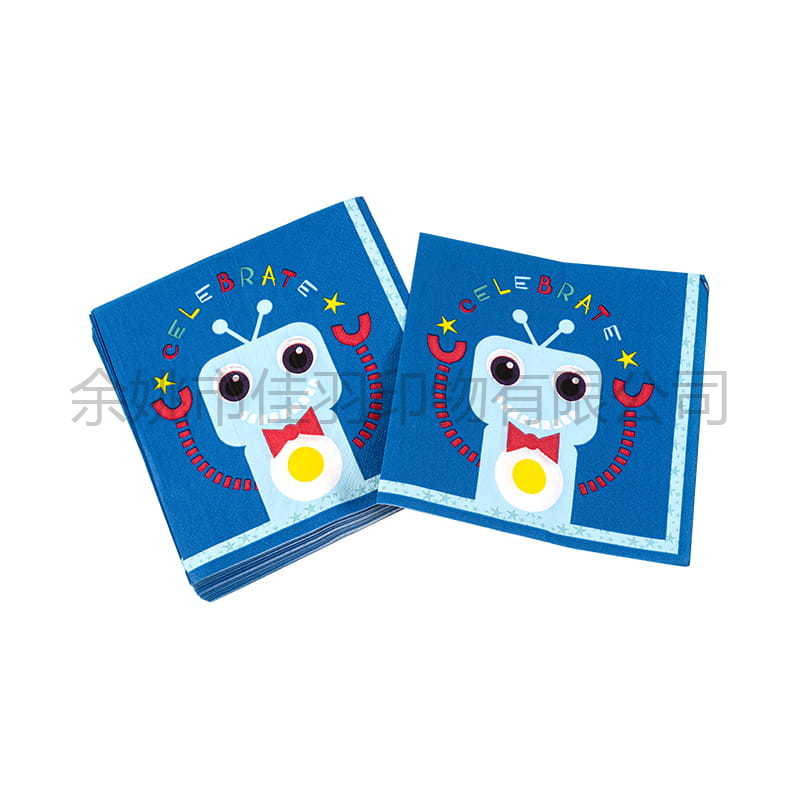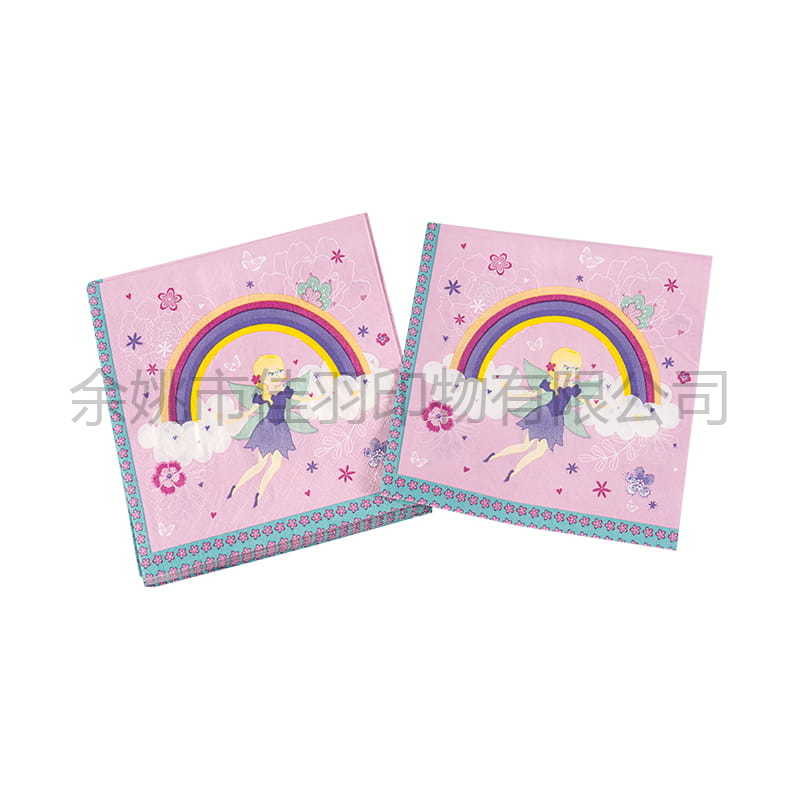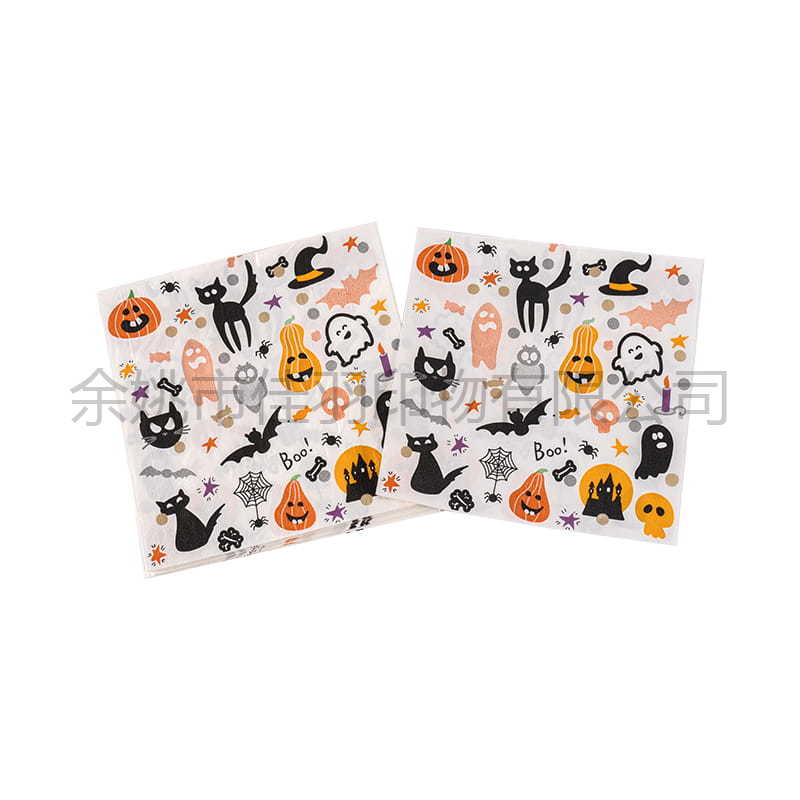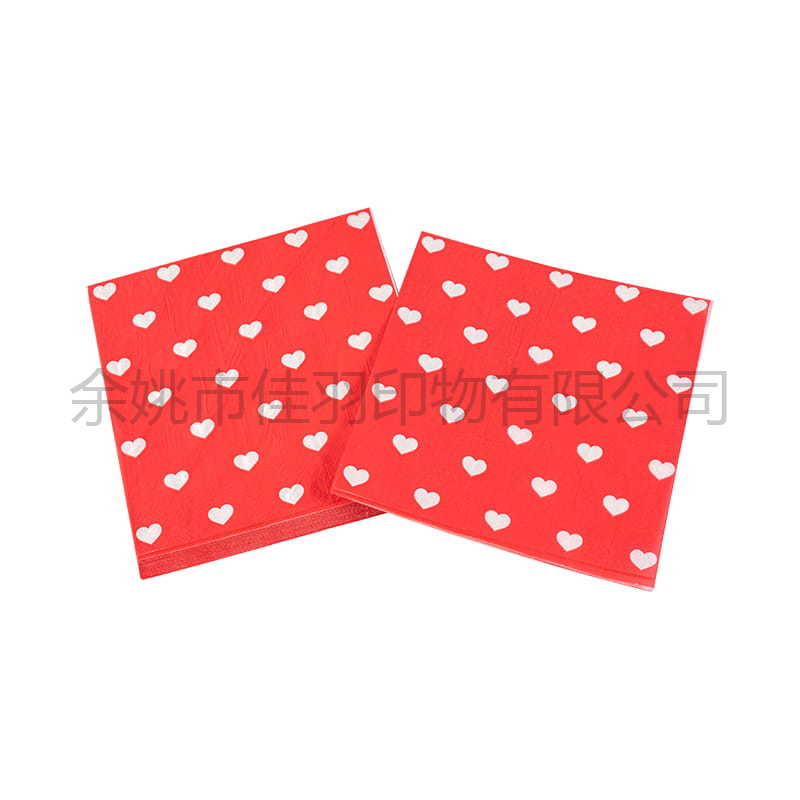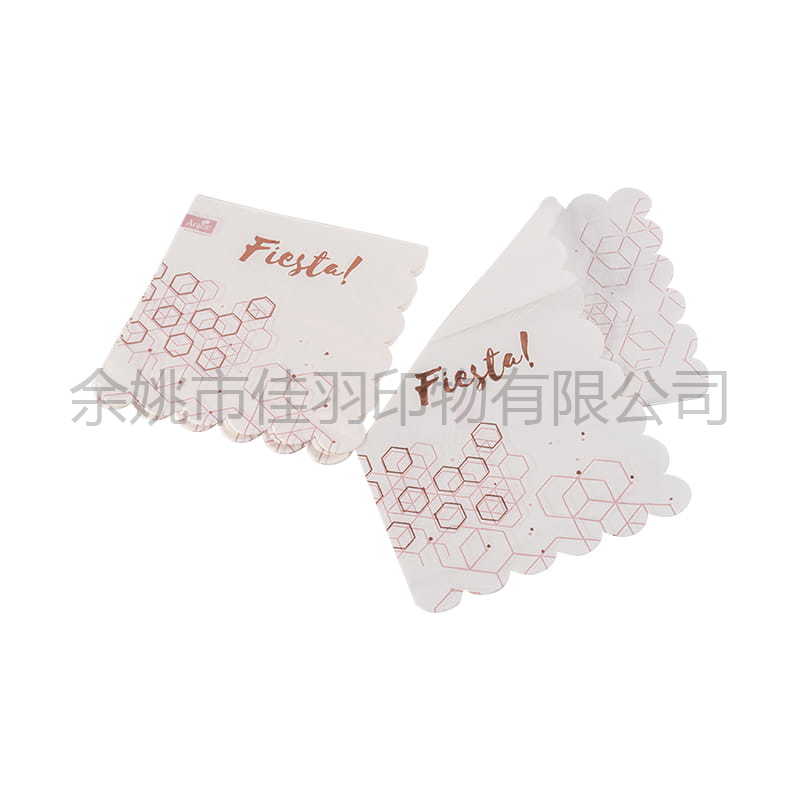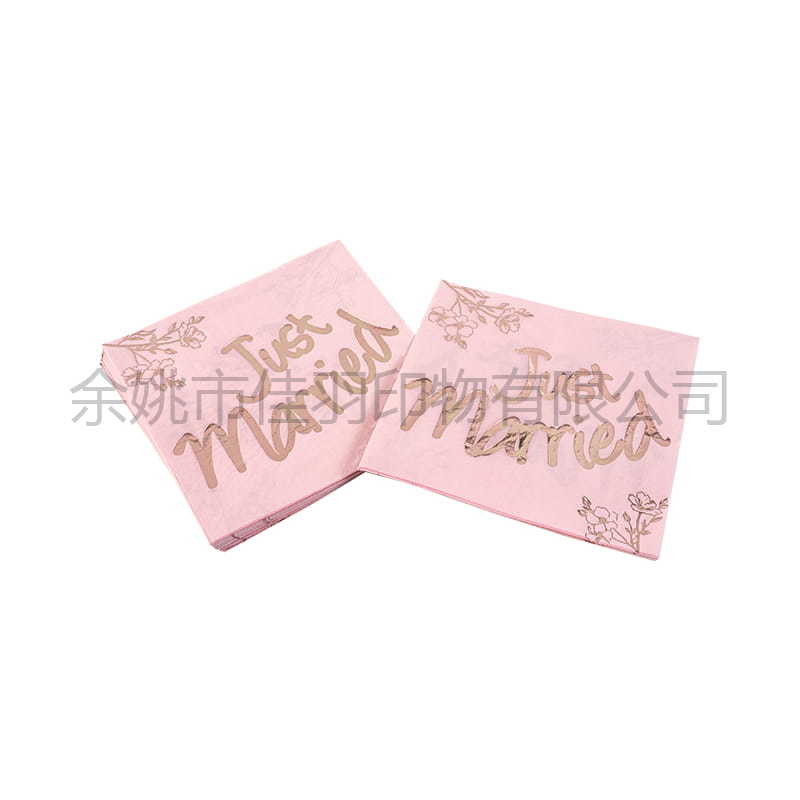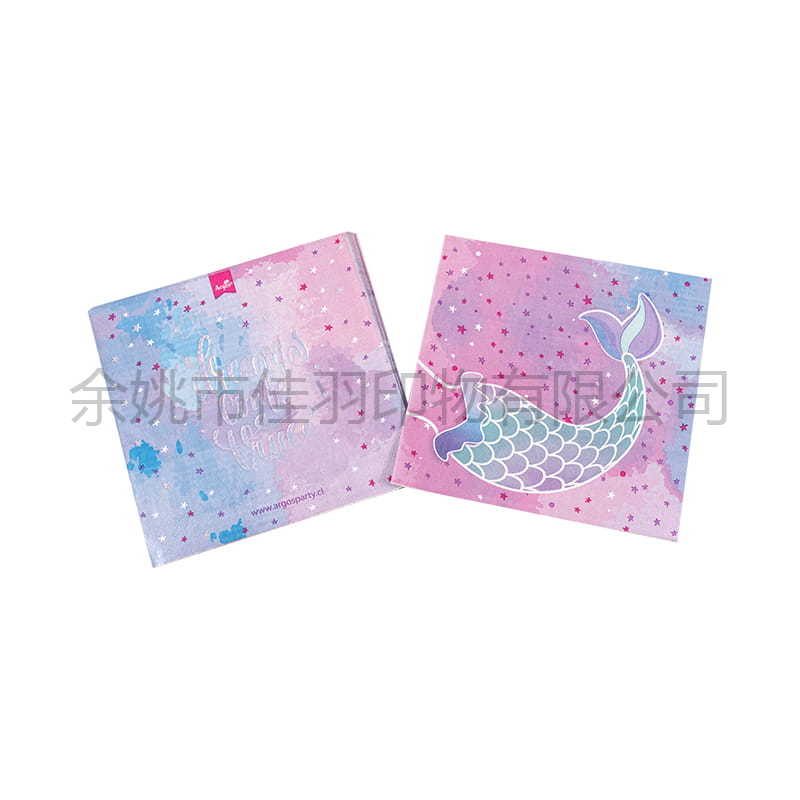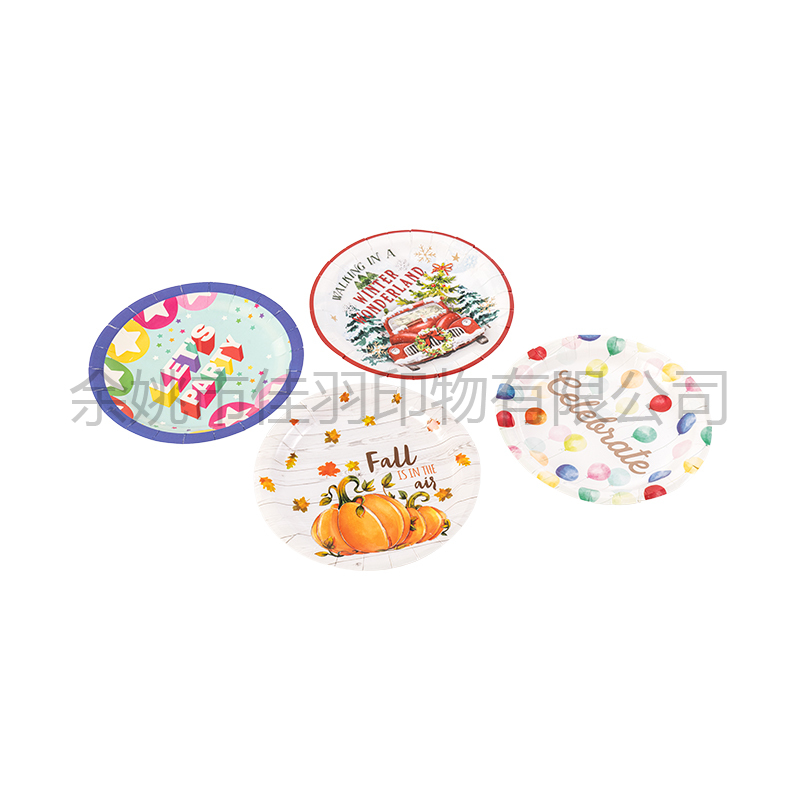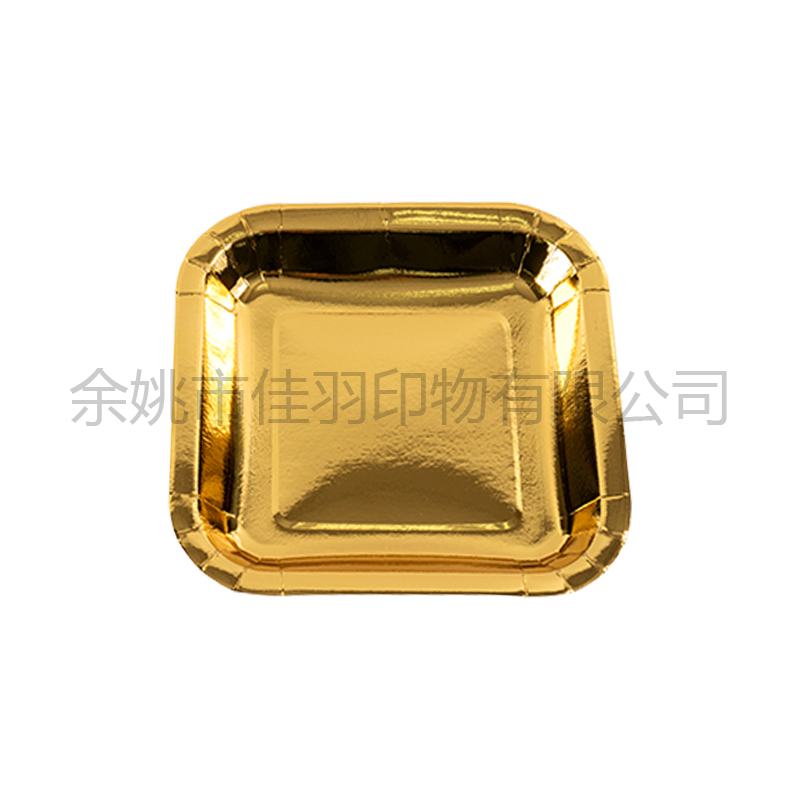Paper cups, as a convenient and quick way to drink water, have become an integral part of our daily lives. From office water dispensers to street cafes, they're ubiquitous. However, while enjoying this convenience, a question often arises: Are paper cups truly healthy?
Paper Cup Materials and Potential Risks
To answer this question, we must first understand the composition of Paper cups. Commercially available paper cups typically consist of three parts: the base paper, the inner coating, and the printing ink.
- The base paper: Typically made from wood pulp, this part is relatively safe.
- The inner coating: To provide waterproofing, the inner wall of a paper cup is coated with a plastic film, primarily polyethylene (PE) or polypropylene (PP). This film is stable at normal temperatures. However, when poured into overheated liquids (e.g., water over 90°C), trace amounts of plastic monomers or additives may leach out. While the amount may be small, the potential risks of long-term accumulation cannot be ignored.
- Printing Ink: The designs and text on the outer surface of paper cups are typically printed with ink. Some unregulated manufacturers may use inks that do not meet food safety standards and may contain harmful substances such as benzene and toluene. These substances can enter the body through oral contact or evaporation.

Choose high-quality paper cups to avoid health risks.
Since Paper cups pose potential health risks, how can we avoid them? Here are some tips for choosing high-quality paper cups:
- Check the label: Choose paper cups produced by reputable manufacturers with a QS (production license) or relevant food safety certification mark printed on the packaging.
- Smell: Low-quality paper cups often have a pungent, ink-based or musty odor.
- Check the color: Try to choose pure white paper cups free of impurities. Overly white paper cups may contain fluorescent brighteners. While this is currently controversial, it should be avoided as a precaution.
- Feel: High-quality paper cups typically feel firm, flexible, and resist deformation.
- Avoid overheated liquids: When using paper cups, avoid using freshly boiled water, especially if labeled "cold drink cups" or "disposable cups."
Paper cups manufactured through legitimate channels are relatively safe under normal use. However, inferior paper cups, due to substandard raw materials and production processes, may pose a potential health risk.
Therefore, for the sake of our health, when using paper cups, in addition to choosing reputable brands, we should also develop good usage habits. Furthermore, for environmental reasons, we can minimize the use of disposable paper cups and use more reusable cups, reducing the burden on the planet and improving our own health.
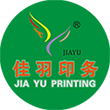
 English
English 中文简体
中文简体 Español
Español Deutsch
Deutsch

